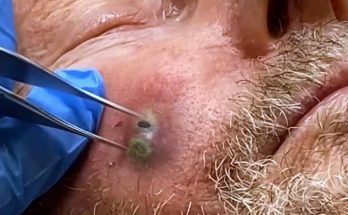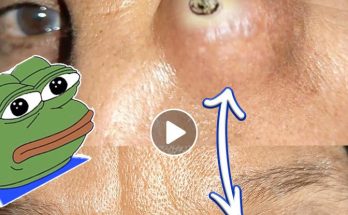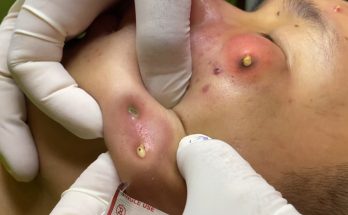Acne is a common skin condition that can affect people of all ages, but it is particularly prevalent during puberty. There are several factors that contribute to acne on the face, and understanding these can help you manage and reduce breakouts.
1. **Hormonal Changes**
Hormonal fluctuations are one of the main causes of acne. During puberty, the body produces more androgens, which stimulate the sebaceous glands in the skin to produce excess oil. This excess oil can clog pores and lead to acne. Hormonal changes associated with menstruation, pregnancy, or the use of birth control can also cause flare-ups.
2. **Excess Oil Production**
When the skin produces too much oil, it can mix with dead skin cells, clogging pores and creating an environment where bacteria can thrive. This often results in pimples, blackheads, or cysts. People with oily skin are more prone to acne because their sebaceous glands are more active.
3. **Bacteria**
The skin hosts various bacteria, including *Propionibacterium acnes*, which can become problematic when pores are clogged with oil and dead skin cells. These bacteria can cause inflammation and lead to the formation of acne lesions.
4. **Diet and Lifestyle Factors**
Certain foods, such as those high in sugar or dairy, may contribute to acne. Additionally, lifestyle factors like stress, lack of sleep, or exposure to pollutants can exacerbate acne. Stress, in particular, triggers the release of hormones that can worsen breakouts.
5. **Genetics**
Genetics also play a significant role in acne development. If your parents had acne, you may be more likely to experience it as well, due to inherited factors such as how your skin produces oil and reacts to hormonal changes.
Understanding these causes can help you take steps to manage and treat acne more effectively.



